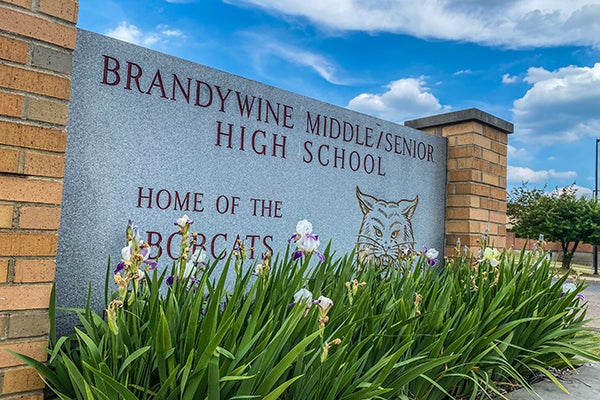Terri Gordon: CSA Farm Tour and Farm to Table Dinner
Published 8:01 am Friday, August 9, 2013
By TERRI GORDON
As part of their Year of Taste celebration, Fernwood Botanical Garden and Nature Preserve is sponsoring a Community Sponsored Agriculture (CSA) Farm Tour followed by a special farm-to-table dinner. On Saturday, Aug. 10, lucky participants of the events can visit Blue Star Produce in Buchanan, Granor Farms of Three Oaks, and Middlebrook Farms, also in Three Oaks. The three farms contribute to the dinner Fernwood Chef Tim Carrigan will prepare at day’s end. Folk can attend either, or both, events. Blue Star Produce grows what its name suggests-naturally grown heirloom produce-lettuces, melons, and vegetables, including 25 varieties of tomatoes. Also growing produce is Granor Farm, with 25 acres of organic vegetables, herbs, and flowers. Both farms offer CSA shares.
Middlebrook Farm raises low-line grassfed Angus beef. When Middlebrook Farm owners, Janet and Bob Schuttler bought the 1844 farmhouse (built by Moses Chamberlain, whose son Henry would later found the village of Three Oaks), they did not do so to raise cattle. They simply wanted a weekend getaway. At first, it was great, out in the country, surrounded by 17 acres of corn and soybeans. But as they got to know their property better-and took a closer look-they noticed that fields were devoid of anything other than the crops. There were no weeds (every garden has a FEW). No wildflowers. Just corn and soybeans. Realizing the soil was dead, with no nutrients of its own, they decided to reclaim it. As they researched the how of it, they learned that one of the best ways was to raise livestock. Before they knew it, they had bought a low-line Angus heifer, and started a small herd. Slowly, but surely, a pasture began to develop.
“We do what’s called intensive rotational grazing,” explained Janet. “Our 17 acres are divided into paddocks. Every day the cattle go to a different paddock.” It’s a simple cycle. The cows groom the pasture, “fertilizing” it as they go. They are rotated so they don’t overgraze, or over fertilize, any one area. Over time the pasture grows and helps rejuvenate the soil.
“Each year the pasture gets better,” said Schuttler. “Each year they get thicker. We have more legumes. It’s just a healthier situation.” Reclaiming soil is one thing. Raising cattle is another! The Schuttlers were already in pretty deep, but had adopted a philosophic position that wouldn’t let them turn back. Cows allowed to stay in herds as family, cows fed natural, all grass diets, cows who are kept as stress-free as possible, are healthier cows-and make for healthier food.
“They’re ruminants, and they’re supposed to be eating grasses and legumes,” said Schuttler. “That’s what keeps their digestive environment healthy. Because we’re not introducing anything foreign into their digestive system, we don’t have to give antibiotics, and we don’t have to deal with the digestive problems that grain and corn-fed cattle have.”
The meat is naturally leaner too, and what is there is higher in omega-3 fatty acids. The Schuttlers are proud to be part of the current “resurgence of small, sustainable farms.” Now, they want to educate people. This is the third year they’ve taken part in the Fernwood farm tour and can’t wait to show off the farm and share their beef at the dinner.
“We love the taste and the flavor,” said Schuttler. “We think it’s an excellent old-fashioned beef flavor.”





